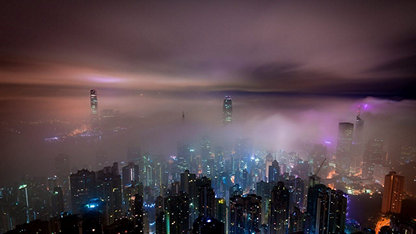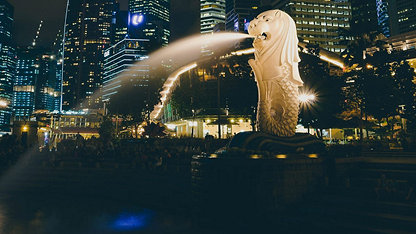There has been a record slump in demand for electricity during the coronavirus pandemic. In the fourth of our series on coming out of lockdown, we look at how this affects energy security, and what measures have been put in place to ensure a constant power supply.
According to the International Energy Agency (IEA), the COVID-19 pandemic represents the biggest shock to the world’s energy system in more than 70 years. Much like the impact on the economy and public finances, the fallout from the virus for energy demand is far greater even than the 2008 global financial crisis. The IEA forecasts that there will be an 8% decrease in demand this year – the greatest since records began.
“This is a historic shock to the entire energy world,” says Dr Fatih Birol, the IEA’s executive director. “Amid today’s unparalleled health and economic crises, the plunge in demand for nearly all major fuels is staggering, especially for coal, oil and gas. Only renewables are holding up during the previously unheard-of slump in electricity use.”
Perhaps surprisingly, that fall in demand for electricity is potentially a major problem when it comes to energy security. It is obvious to most people that a surge in demand can put pressure on networks and potentially cause outages. Counter-intuitively, however, the same is true of marked reductions in demand. “Nobody should take any of this for granted. Greater investments and smarter policies are needed to keep electricity supplies secure,” says Birol.
Dealing with emergencies
Fortunately, many governments and utilities companies are aware of the issue and are stepping up to the plate. Somik Das, senior power analyst at research firm GlobalData, highlights work undertaken by utility company Enel, which generates, transports and distributes electricity in 33 different countries, in setting up a global task force to help maintain operations. “Enel’s task force provides official guidance to all its global sites, which is helping the company address local emergencies,’’ he says.
Stress testing has been carried out on Enel’s network and power plant operations in a series of infrastructure simulations, tests and verifications to prepare employees to deal with potential issues. “Enel’s global task force constantly monitors the country-wide news on COVID-19 and uses it to suggest the necessary actions that need to be taken to guarantee service continuity,” Das adds.
In the UK, ensuring the security and reliability of the network falls to National Grid ESO (electricity system operator). “Great Britain’s system is one of the most reliable in the world,” says Roisin Quinn, the organisation’s chief engineer and head of national control. “But we can’t be complacent, and we’ve been working with industry to explore additional options to help us to manage the unprecedented situation.”
As a result, National Grid ESO recently put in place three new initiatives to help balance out supply and demand. First, it has agreed what Quinn describes as a “one off, fixed-term” contract with EDF to reduce the output from the supplier’s Sizewell B nuclear power station.
Secondly, it has drawn up what it calls the Optional Downward Flexibility Management (ODFM) programme, which Quinn says is “a new voluntary service for small-scale renewable generators to receive payments from the ESO if we ask them to turn down or turn off their generation of electricity”. She adds: “This service will give our control room additional options to manage the transmission network by reducing the amount of electricity supplied at the local, distribution network level.”
Roles and responsibilities
And finally, National Grid ESO has also clarified the powers it holds with suppliers, such as smaller scale windfarms. Through what is known as the Grid Code, the organisation already had the power to instruct suppliers to reduce supply, but it has now reminded companies of the fact to ensure that “everyone is clear on the roles and responsibilities”, says Quinn, adding: “This process would only be deployed in the unlikely event of an emergency situation and is there to help ensure that, even in such cases, we maintain supply of electricity.”
- Adam Branson














